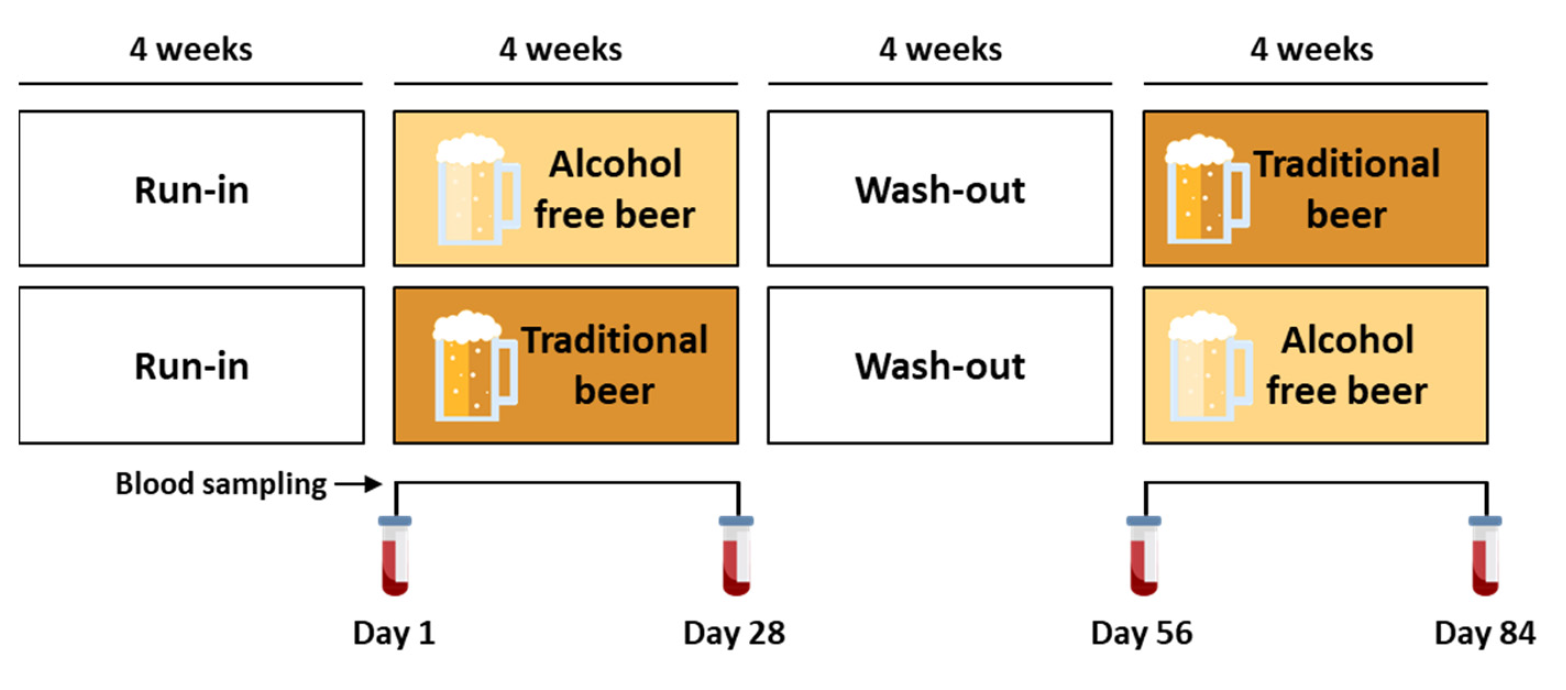Background
Mature red blood cells (RBCs) or erythrocytes are specialized cells derived from hematopoietic stem cells in the bone marrow. Their biconcave discoid shape makes them highly flexible and facilitates their smooth circulation through tiny capillaries, delivering oxygen to all tissues.
It has been postulated that the molecular composition of human RBC membranes plays a vital role in modulating their rheological properties. The membrane is composed of lipids, proteins, and carbohydrates. The lipid bilayer contains a mixture of different lipid classes, including neutral lipids, phospholipids, and glycosphingolipids.
The lipid composition of RBC membranes changes during their lifespan. Dietary intake is considered one of the main contributing factors to this alteration.
Existing evidence indicates that abnormalities in RBC membrane lipid composition are associated with the development of cardiovascular diseases, including hypertension, hypercholesterolemia, and acute coronary syndrome. Changes in RBC membrane fluidity due to lipid compositional alteration are believed to be responsible for these cardiovascular disorders.
In this exploratory study, scientists investigated the effect of moderate alcoholic and non-alcoholic beer intake on the lipid composition of RBC membranes in healthy, overweight, and obesity class 1 individuals.
Study Design
The study was conducted on 36 healthy adults aged 40-60 years, all of whom were overweight or classified as obesity class 1. Participants were randomly assigned to the alcoholic beer group and the non-alcoholic beer group.
Participants in each group underwent four weeks of moderate beer consumption (up to one drink per day for women and up to two drinks per day for men), followed by a washout period of 4 weeks. After the washout period, a second 4-week period followed, wherein the groups exchanged their respective interventions (alcoholic vs. non-alcoholic beer).
Blood samples were collected from the participants at different time points during the intervention periods to assess the lipid composition of RBC membranes.
 Experimental protocol for the intervention study.
Experimental protocol for the intervention study.
Important Observations
The baseline analysis of RBC membrane lipid composition identified phospholipids as the major lipid class, followed by neutral lipids, such as free cholesterol and fatty acids.
Among phospholipids, phosphatidylethanolamine was identified as the major subclass, followed by phosphatidylcholine, sphingomyelin, and phosphatidylserine. Further analysis revealed that free cholesterol is one of the main structural components of RBC membranes.
A subgroup analysis comparing male and female participants, as well as overweight and obese participants, revealed that both gender and body mass index (BMI) have no significant impact on the RBC membrane lipid composition. However, women in the non-alcoholic beer group had a higher abundance of phosphatidylcholine, and obese participants in this group showed distinct lipid changes, such as increased sphingomyelin levels and free cholesterol/phospholipid ratios.
Effect of Beer Intake on RBC Membrane Lipids
The intake of non-alcoholic beer for four weeks caused a significant increase in free cholesterol and fatty acids and a non-significant increase in phospholipids. Regarding the 4-week intake of alcoholic beer, a significant induction in free cholesterol, fatty acids, and phospholipids was observed.
A comparative analysis revealed that both alcoholic and non-alcoholic beer intake causes similar changes in RBC membrane lipid composition. Although traditional beer contains higher levels of polyphenols, which may contribute to lipid changes, the comparative analysis revealed no significant differences between the two groups regarding the relative abundance of each phospholipid subclass.
Similar to the baseline findings, no significant impact of gender and BMI on RBC membrane lipids was observed. However, subgroup analyses indicated gender and BMI-based differences in specific lipid subclasses, particularly in the non-alcoholic beer group, where women and obese participants exhibited notable changes.
A correlation analysis considering different subclasses of neutral lipids and phospholipids revealed that the correlations between lipids are more pronounced in the non-alcoholic beer group.
The analysis revealed several positive correlations between membrane lipids and circulating lipids in the non-alcoholic beer group. Specifically, positive correlations of membrane fatty acids and free cholesterol were observed with serum levels of total cholesterol and high-density lipoprotein-cholesterol (HDL-cholesterol). Moreover, a positive correlation was observed between membrane phospholipids and serum HDL.
Study Significance
The study finds that both alcoholic and non-alcoholic beer intake promotes distinct but mild changes in RBC membrane lipid composition.
Although the study observed increases in membrane cholesterol, the researchers concluded that these changes had minimal impact on RBC membrane fluidity, as phospholipid levels remained relatively stable.
Polyphenols, which are present in higher amounts in alcoholic beers, are known to modulate the metabolism of essential polyunsaturated fatty acids. The synergistic effects of alcohol and polyphenols might explain the more pronounced changes seen in the traditional beer group.
RBC membrane fluidity primarily depends on neutral lipid (mainly cholesterol) and phospholipid composition. An increased cholesterol content in the RBC membrane is known to impair the oxygen and carbon dioxide transport process and affect the cell’s deformability.
Despite increases in membrane cholesterol, the researchers found no significant effect on RBC fluidity.
Considering the findings of this exploratory study, scientists advise that future studies should consider integrative targeted and untargeted metabolomics and lipidomics in RBCs to more conclusively understand potential differences between the intervention groups.